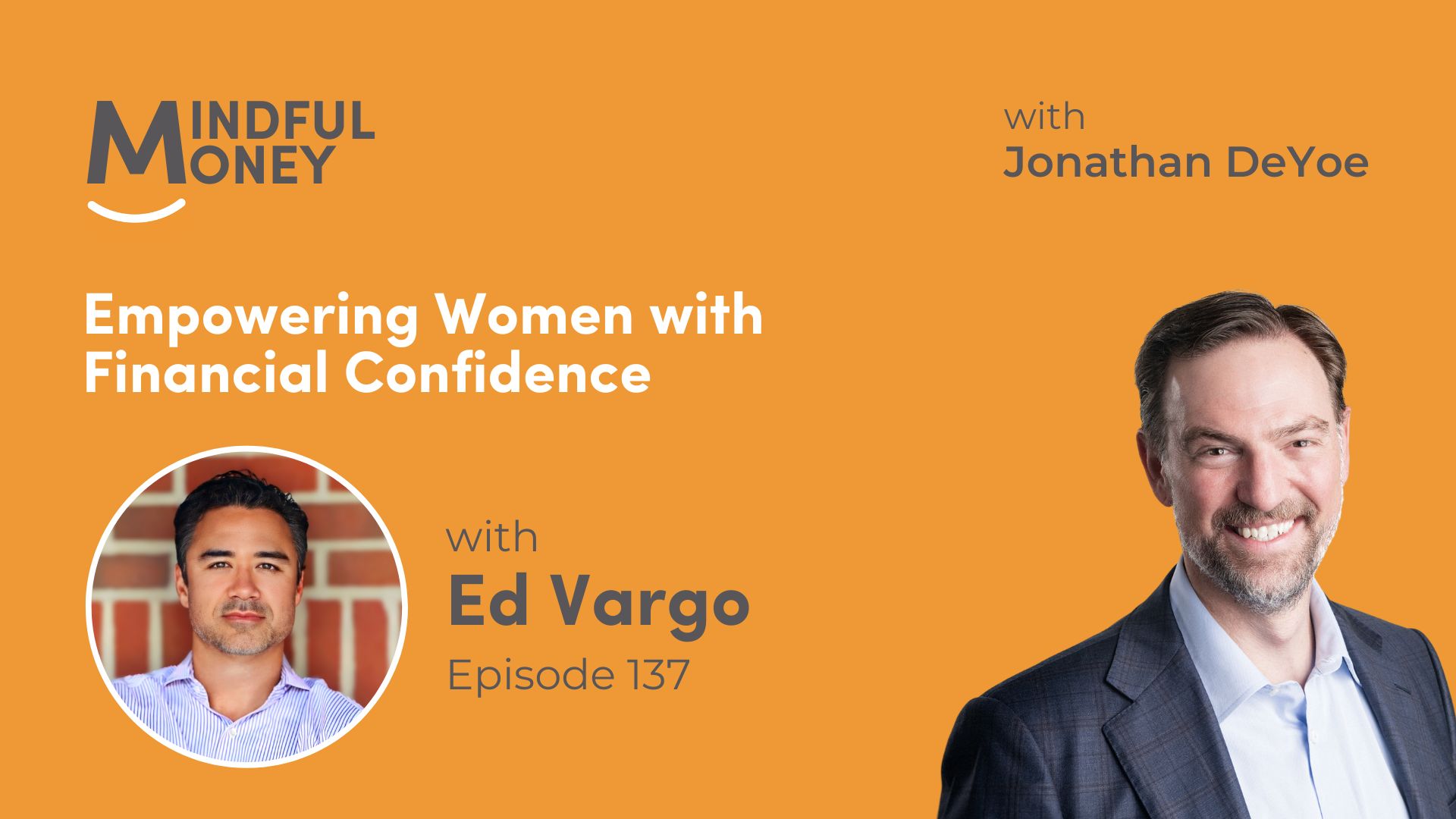{{upcoming-events}}
Julia Keller is a Pulitzer Prize-winning journalist, novelist and teacher. She has a PhD in English Literature from Ohio State University and has taught at Princeton, the University of Chicago and Notre Dame. She was the chief book critic and staff writer at The Chicago Tribune for many years before she stopped journalism and started to write books.
Today, Julia joins the show to discuss how growing up in West Virginia shaped her outlook on money, why she’s challenging the negative connotation surrounding quitting, and how quitting certain things can help shape you into an even better version of yourself.
📺 Watch on YouTube
Key Takeaways
00:50 – Jonathan introduces today’s guest, Julia Keller, who joins the show to share what she learned about money and entrepreneurship growing up in a historically poor state, West Virginia
05:05 – The role money played in Julia’s life growing up
08:55 – The stigma behind the word ‘quitting’ and Julia’s definition of the word
14:14 – Julia’s quitting story and misconceptions on success, perseverance and grit
25:22 – Scientific studies on quitting
30:56 – Quitting our belief systems
36:07 – One thing we can do today to make better decisions and one thing to completely ignore
42:39 – The last thing Julia changed her mind about and the one question Julia would want to know the answer to
46:55 – Jonathan thanks Julia for joining the show and lets listeners know where to connect with her
Tweetable Quotes
“There’s a phrase I like – it’s another writer’s phrase but – ‘Appalachian Fatalism.’ And that’s something I certainly witnessed growing up: people who were hard working, good, decent, honorable people who just constantly, constantly were running up against that lack of money.” (04:34) (Julia)
“I think as children we’re uniquely attuned to the financial situation in the family. Whether we can articulate that or not, you know it and you feel it.” (05:30) (Julia)
“Money takes on this outsized importance in our lives. And you only think of what you don’t have and not what you do have.” (08:01) (Julia)
“Quitting’ can be from a positive standpoint by saying, ‘No longer that direction. No more of that. More of this over here.’ And you’re making that active choice. And that’s why I hope people can begin to see ‘quitting’ as a positive thing. It’s not what you’re leaving behind, it’s what you’re moving towards.” (11:14) (Julia)
“If we start looking at the world as a ‘cause and effect’ universe, where two plus two always equals four, we’re doomed because we just know that isn’t true. And honest people will tell you that.” (22:26) (Julia)
“Things are hard. It’s hard to learn a new skill. It’s hard to learn a new language. It’s hard to run a business. It’s hard to do all of those things. And because something is hard, that doesn’t mean quit when it gets hard. But it also means to not stay the course just to stay the course.” (23:13) (Julia)
“You have to be sensitive to individual capacities, the emotional proclivities that we have because we’re all so very different. To suggest that there’s a ‘one-size-fits-all’ attitude – meaning always stay the course and never quit – is quite wrong and can be quite damaging, too.” (24:31) (Julia)
Guest Resources
Mindful Money Resources
{{mindful-money-links}}
{{snippet-1}}





